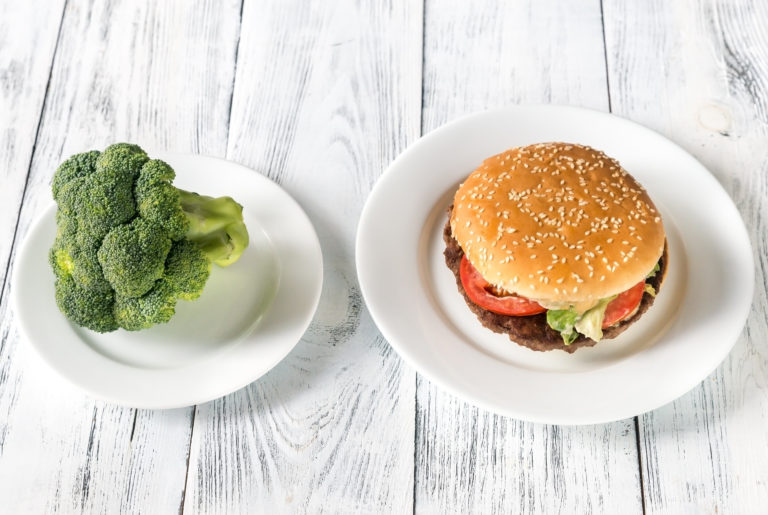Wine and Alzheimer’s
If you enjoy the odd glass of wine, then we’ve got good news for your brain health. Unless you’re predisposed to Alzheimer’s through genetics or unhealthy lifestyle factors, the likelihood of developing it can be significantly reduced through your diet.
Although it’s a scary estimation that the number of people with Alzheimer’s is expected to double every 20 years, it’s simply because advances in medicine mean people are living longer. Like all things longevity-related, as long as you practice good nutrition, it’ll keep your body strong your brain neurons firing healthily. And according to research published in the American Journal of Clinical Nutrition, this doesn’t mean you need to follow a boring, restrictive diet.
Although keeping trim, not smoking and keeping fit all factor in keeping Alzheimer’s at bay, even small changes to your diet can benefit your brain. “Going from not eating any berries to eating a cup or two a week can make a difference,” said the study’s senior author, Paul Jacques.
The secret? It’s all down to flavonoids, which are plant-based compounds that do wonders for your health. In particular, the flavonoids in red wine, tea, pears, apples, pears, blueberries and strawberries help ward off toxins from your brain and avoid degeneration associated with dementia.
The study began in 1970 and included 2,800 people who were 50 years or older when the research started. People who consumed the lowest amounts of apples, pears and tea had twice the risk of developing Alzheimer’s or other related dementias. And those who consumed the lowest level of blueberries, strawberries and red wine, faced a four times the risk of developing the conditions.
Of course, regularly drinking more than the recommended units of alcohol per week (14g/day) could eventually have an adverse effect on brain cells. So, if you want to future-proof your brain, keep your fridge stocked with berries, and a nice bottle of red on standby for special occassions.









